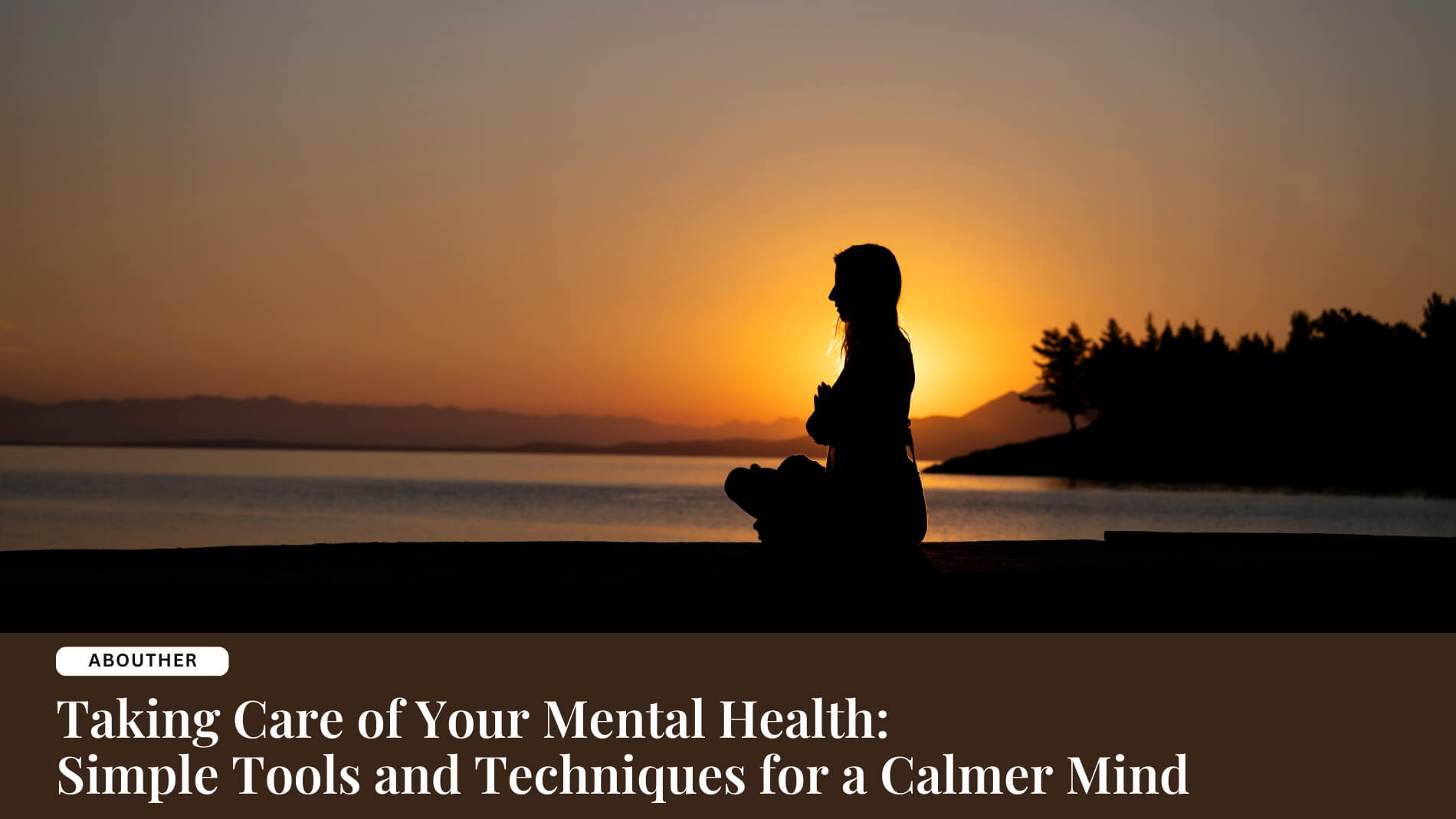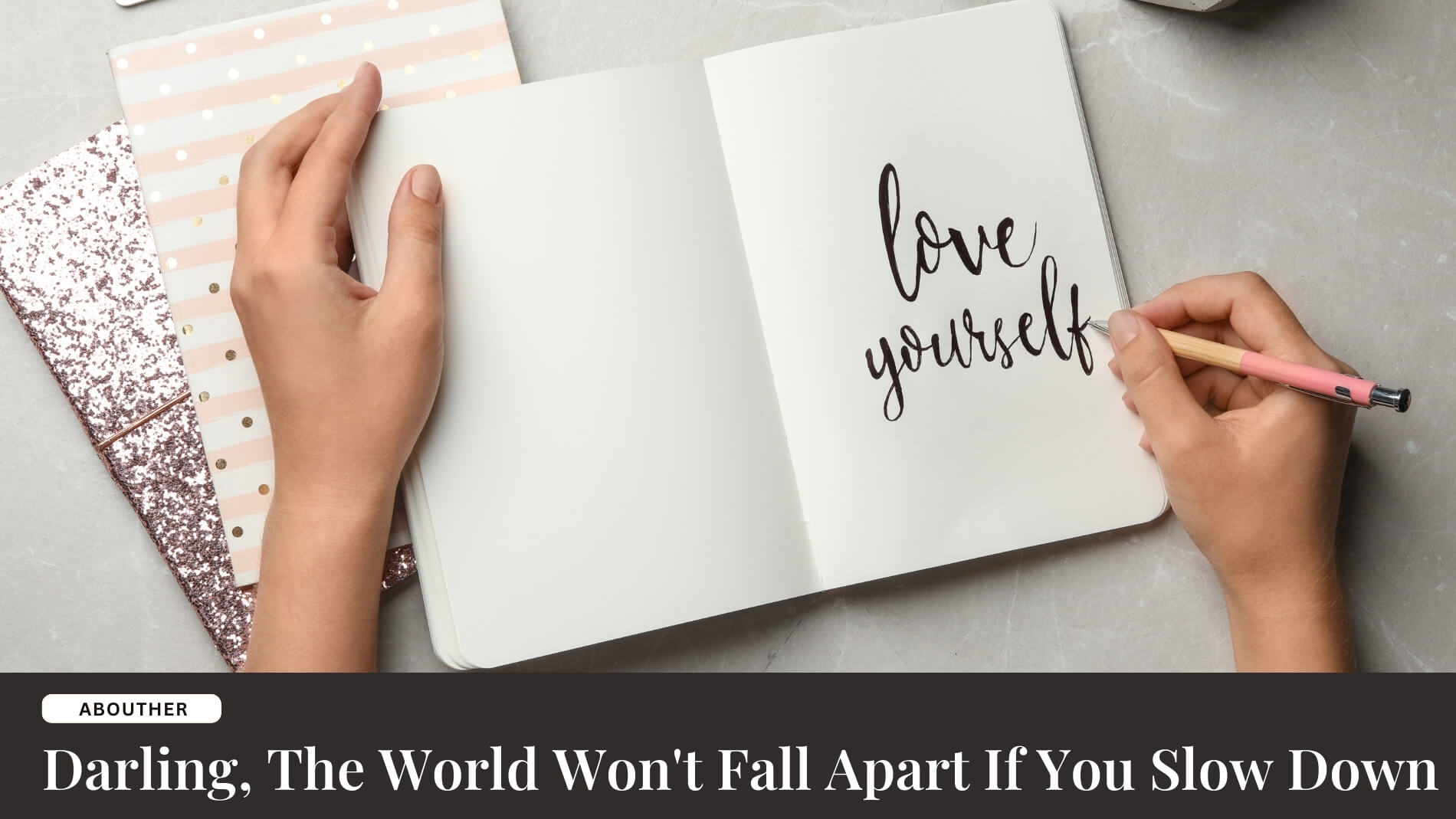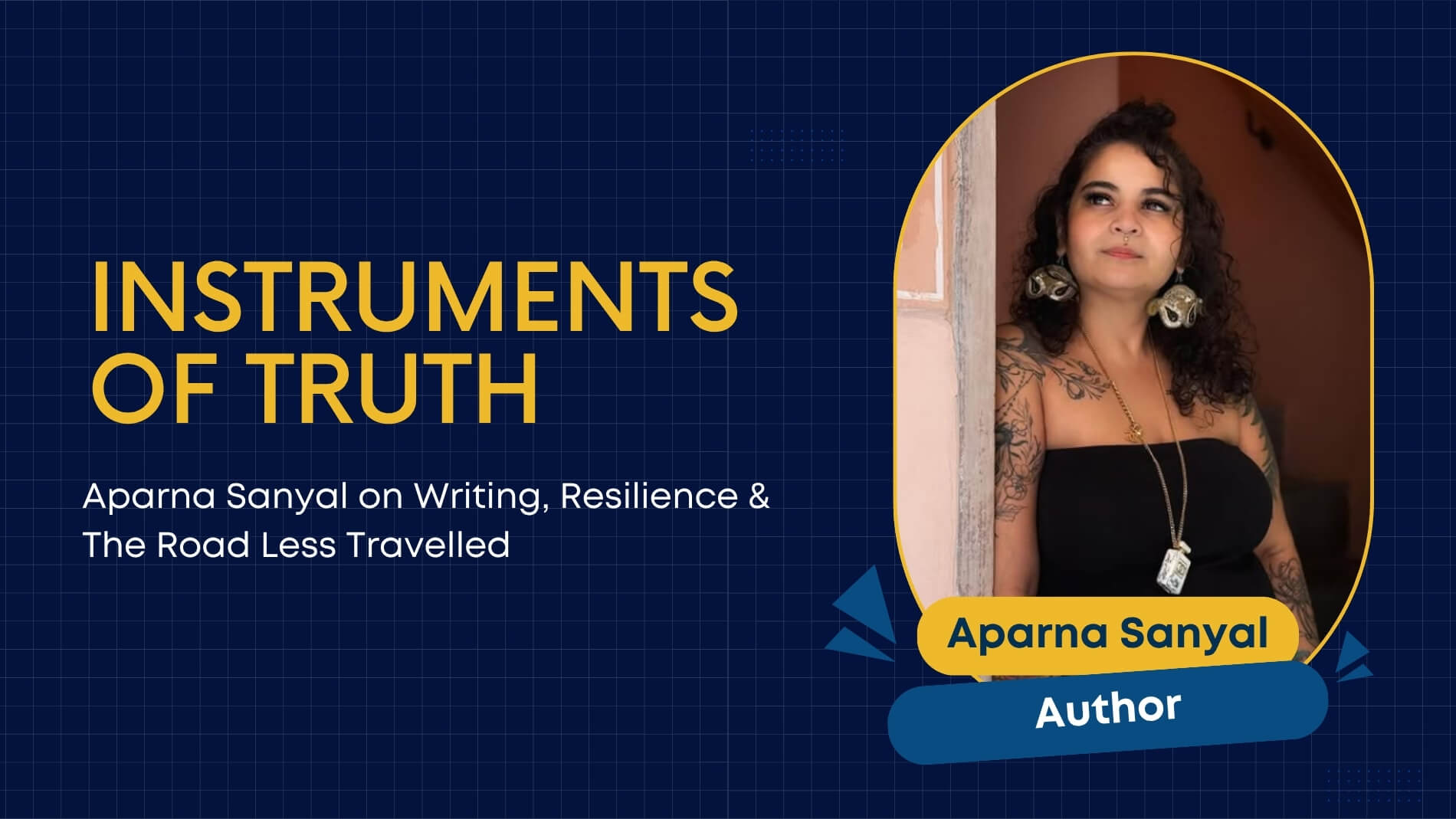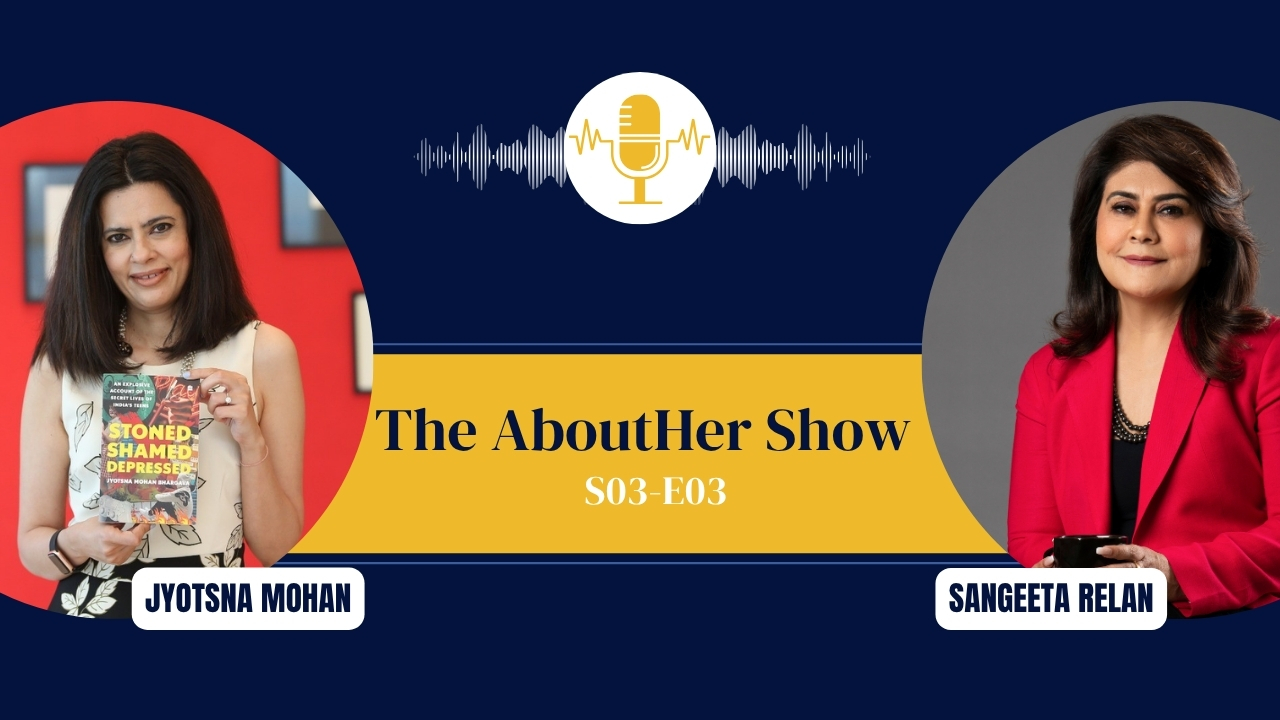Taking Care of Your Mental Health: Simple Tools and Techniques for a Calmer Mind
Mental health… is not a destination but a process. It’s about how you drive, not where you’re going.— Noam Sphancer, PhD.
In today’s fast-paced world, it’s easy to forget that taking care of our mental health is just as important as our physical health. Our mental well-being influences how we feel, think, and behave, and it’s essential for living a balanced life. The good news is that simple tools and techniques, like mindfulness, meditation, and journaling, can help maintain mental clarity, reduce stress, and improve emotional resilience. Here’s how you can start taking care of your mental health.
Mindfulness: Being Present in the Moment
Mindfulness is the practice of being fully aware and present in the moment without judgment. It helps us reduce stress and gain clarity by focusing on the present rather than worrying about the past or future. As Jon Kabat-Zinn says, Mindfulness is the awareness that arises through paying attention, on purpose, in the present moment, non-judgmentally.
Also Read: Beyond the Mirror: Steps to Build a Healthy Body Image
How to Practice Mindfulness:
- Mindful Pauses: Take short breaks to check in with yourself during the day. Notice what you see, hear, and feel in the present moment.
- Mindful Eating: Slow down during meals and savour your food. This simple practice helps you engage with the present and fosters a sense of gratitude.
Meditation: Finding Stillness and Clarity
Meditation allows us to quiet the mind, reduce anxiety, and cultivate peace. By focusing on our breath or a mantra, we create space for mental clarity. As Buddha said, You should sit in meditation for 20 minutes every day—unless you’re too busy. Then you should sit for an hour. Meditation doesn’t require much time to be effective.
How to Start Meditating:
- Breath Meditation: Sit comfortably, close your eyes, and focus on your breath. If your mind wanders, gently return your focus to your breath. Start with five minutes and gradually increase the time.
- Guided Meditation: If you’re new to meditation, use an app or video to guide you through the process. This can help you stay focused and relaxed.
Journaling: A Safe Space for Your Thoughts
Journaling is a powerful tool for managing emotions and gaining insight into your thoughts. Writing down your feelings helps you process difficult emotions, reduce anxiety, and reflect on your day. Julia Cameron, author of The Artist’s Way, says, The act of writing is an act of self-care.
How to Start Journaling:
- Freewriting: Spend 10-15 minutes daily writing about anything on your mind. Don’t worry about structure—just let your thoughts flow.
- Gratitude Journaling: Write down three things you’re grateful for each day. Shifting your focus to gratitude can improve your mindset and help you feel more optimistic.
Breathing Techniques: Calming Your Nervous System
Breathing exercises are simple yet effective ways to reduce stress. Slow, deep breathing activates the parasympathetic nervous system, helping your body and mind relax. As Thich Nhat Hanh says, Feelings come and go like clouds in a windy sky. Conscious breathing is my anchor.
Breathing Techniques to Try:
- Deep Belly Breathing: Sit comfortably and place one hand on your belly. Inhale deeply through your nose, letting your belly rise. Exhale slowly through your mouth, allowing your belly to fall. Repeat for several minutes.
- 4-7-8 Breathing: Inhale through your nose for 4 seconds, hold for 7 seconds, and exhale through your mouth for 8 seconds. This technique helps calm the mind and reduce stress.
Physical Activity: Moving Your Body to Improve Your Mind
Exercise isn’t just for physical fitness—it also boosts mental health. Physical activity releases endorphins, the body’s natural mood elevators. Regular exercise helps reduce anxiety, depression, and stress while improving sleep and energy levels. As the saying goes, “A healthy body is a guest-chamber for the soul.”
How to Get Moving:
- Start Small: Begin with simple activities like walking, stretching, or yoga. Even a short walk can lift your spirits and reduce stress.
- Find an Activity You Enjoy: Whether it’s dancing, swimming, or hiking, find an exercise you love. The key is to make it fun so that it doesn’t feel like a chore.
Sleep: The Foundation of Mental Health
Quality sleep is essential for mental health. Sleep helps your body repair itself and your mind process emotions. Lack of sleep can lead to irritability, stress, and difficulty concentrating. As Arianna Huffington says, “Sleep is a performance enhancer. It makes you better at everything you do.”
How to Improve Your Sleep:
- Create a Relaxing Routine: Wind down before bed with calming activities like reading or deep breathing. Avoid screens at least 30 minutes before sleep.
- Stick to a Sleep Schedule: Try to go to bed and wake up at the same time each day. Consistency helps regulate your body’s internal clock and improves sleep quality.
Also Read: Navigating Mental Health Challenges During Major Life Challenges
Taking care of your mental health is essential and doesn’t require complicated practices or huge time commitments. Incorporating mindfulness, meditation, journaling, breathing exercises, physical activity, and quality sleep into your daily routine can make a big difference in your overall well-being. Remember, as the saying goes, You can’t pour from an empty cup.
Prioritise your mental health, and you’ll be better equipped to handle life’s challenges and live a more fulfilling life. Start small, be consistent, and take one step at a time toward a healthier, more balanced mind.
Love learning about impactful women?
Check out our new series, Empowerment Series: “Women Who Lead”
Share This On Social
![Sangeeta-Relan-AH-525×410[1]](https://slategray-flamingo-696901.hostingersite.com/wp-content/uploads/2024/06/Sangeeta-Relan-AH-525x4101-1.jpeg)
I’m Sangeeta Relan—an educator, writer, podcaster, researcher, and the founder of AboutHer. With over 30 years of experience teaching at the university level, I’ve also journeyed through life as a corporate wife, a mother, and now, a storyteller.
Recent Posts


















